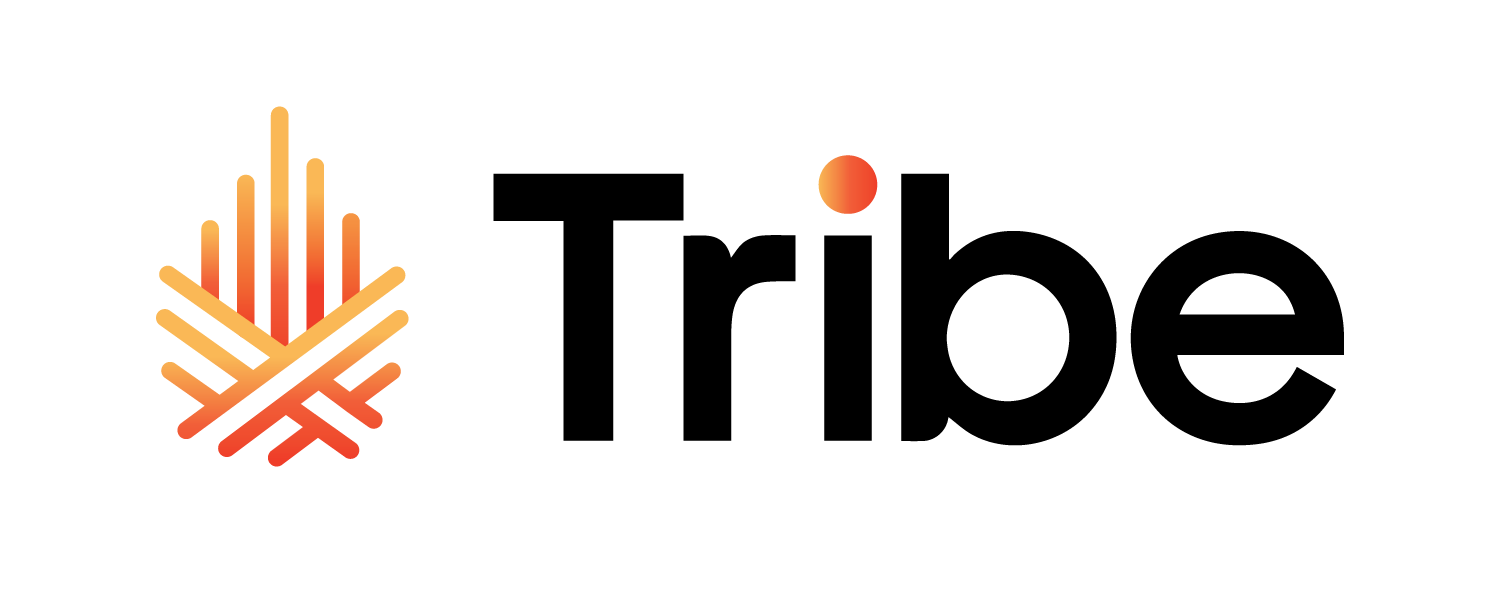3 Tips to Address and Heal Intergenerational Money Trauma as a BIPOC Professional

By Dr. Taq Kaur, Partner at BIPOC Executive Search and Founder, I’m With Periods
I’m not going to lie y’all. There are going to be days when we wake up and the first thing we feel like doing is crying. This is one of those days for me. It’s Monday, and I’m not quite ready to do the full North American professional cycle all over again.
Most folks who know me tend to see the smiling, optimistic, and kind higher self that comes out when I’m holding space for someone around me. And then there is what I like to call, “The Dragon”. The dragon cries, she is pissed, and she helps to remove, recycle, and process trauma that comes out through deeply feeling into our emotions.
I mention this story of me waking up crying on a Monday morning, in a post about Intergenerational Money Trauma, for a specific reason.
Have you felt this before? A moment of “I-know-I-love-my-job-and-my-life-and-am-grateful” and I also have something inside me that feels misaligned. It could be something related to Intergenerational Money Trauma.
ℹ️ Intergenerational Money Trauma: Wounds in our relationship to money that are passed down from our ancestors.
ℹ️ Intergenerational Money Healing: Tending to and healing our relationship to money in service of ourselves (gotta fill up our own cup first!), our families, our communities, and the Earth.
Tip 1: Notice your own Intergenerational Money Trauma
Our own intergenerational money trauma will be unique to us. For example, one aspect of my Intergenerational Money Trauma stems from my lineage. My ancestors are from the Punjab region of India and Pakistan. My mom’s family has been farming for many generations past, and my dad’s side is a mix of farmers and teachers. I generate and create money by working on my computer, answering emails, facilitating Zoom calls, and basically doing the opposite of being on and with the Land.
I can hear the birds outside my window as I type on a warm, sunny day and I long to be in my village, outside, with my people. There is something inside me that feels some kind of way about Professional Life. In this way, I noticed what comes up for me as a money block. For me, it’s spending time on the computer. This is a narrative I have about what this means for me and how I imagine my life and ancestors.
Tip 2: Ask yourself, what is the gift of this Trauma?
At the same time, our generation and time call for the work of BIPOC Executive Search. I’m meant to be doing this work, at this time, for a specific reason. I ask myself: what is the gift? I get to work towards our mission of increasing the representation of BIPOC Professionals every day. I get to support and work with such incredible, brilliant, dedicated, and authentic people on my team every single day. I get to help clients find their next soul-team member – someone who is going to come in and transform everyone in the organization, bring positive aligned energy, and move the dial on Equity, Diversity, and Inclusion. I get to help candidates find their next aligned dream job and mission.
Tip 3: Take aligned action to heal and/or tend to the Trauma
Finally, what can I do to heal and/or tend to my trauma? I intend and aim to go for a walk in the forest every day after work, and spend as much of my time on my lunch break and outside of work with the Land. I recently cleared out a sunny spot in my home to set up on some days for warmth and the feeling of freedom. I also grow and nurture a lot of plants in my home (who help grow and nurture me right back). My question to you is: what helps you to heal intergenerational money trauma? What aligned actions do you feel intuitively tend to the wounds? You have the answer within you.
If you found this blog post intriguing or helpful, I would love to hear from you. Feel free to send me a message on LinkedIn!
You can also learn more about Healing Intergenerational Money Trauma in my new course series, Level Up.

About the Author
Dr. Taq Kaur Bhandal is an experienced researcher and practitioner in social justice, public policy, and gender-based health analysis. She specializes in decolonial approaches to recruitment and search, and has worked in various settings across Canada. Additionally, she is the founder of @imwithperiods and published a book titled Self-Care Down There with Simon & Schuster in 2020.
Follow her on LinkedIn.
Learn more about her new course series, Level Up.
